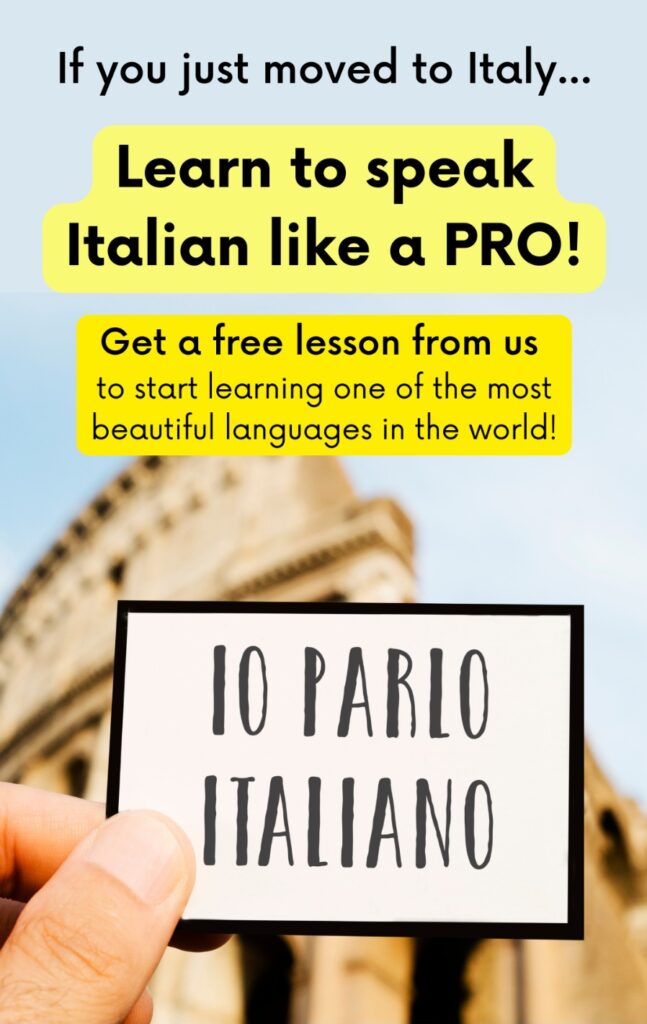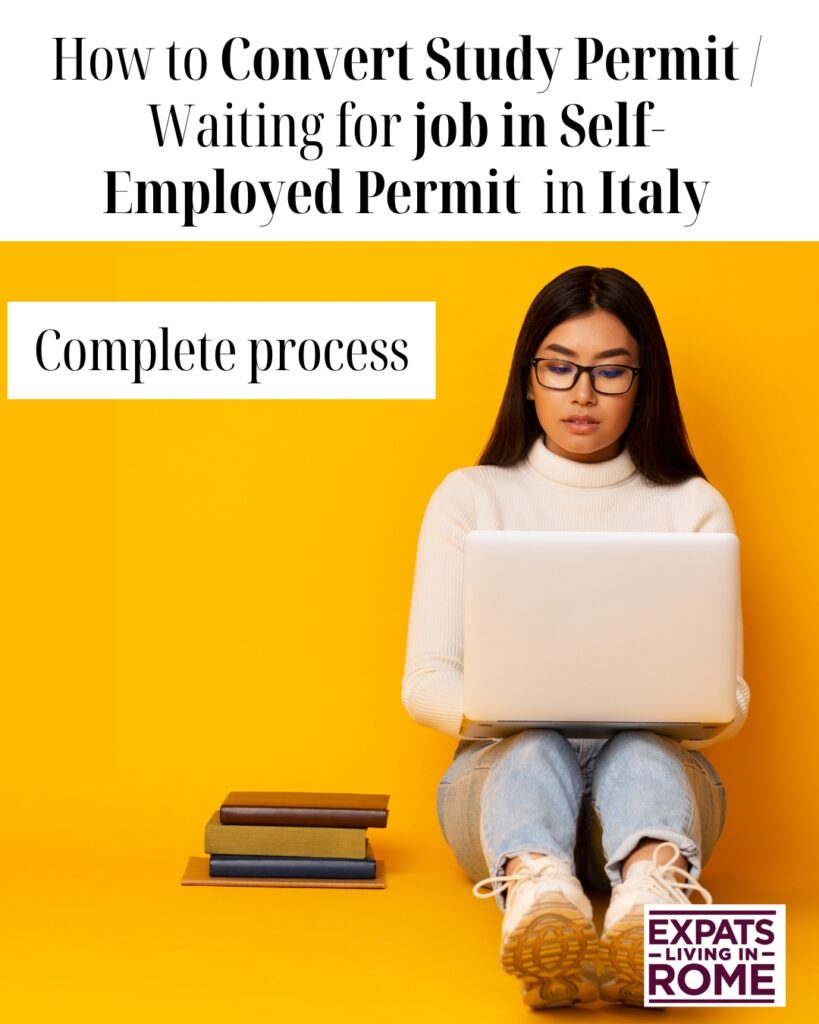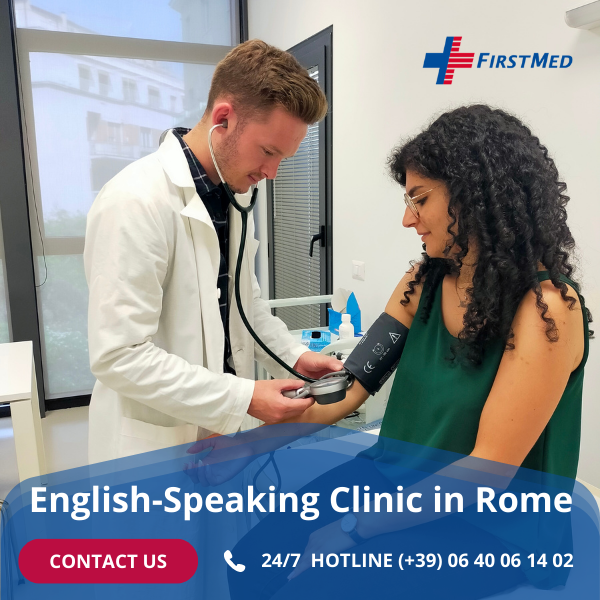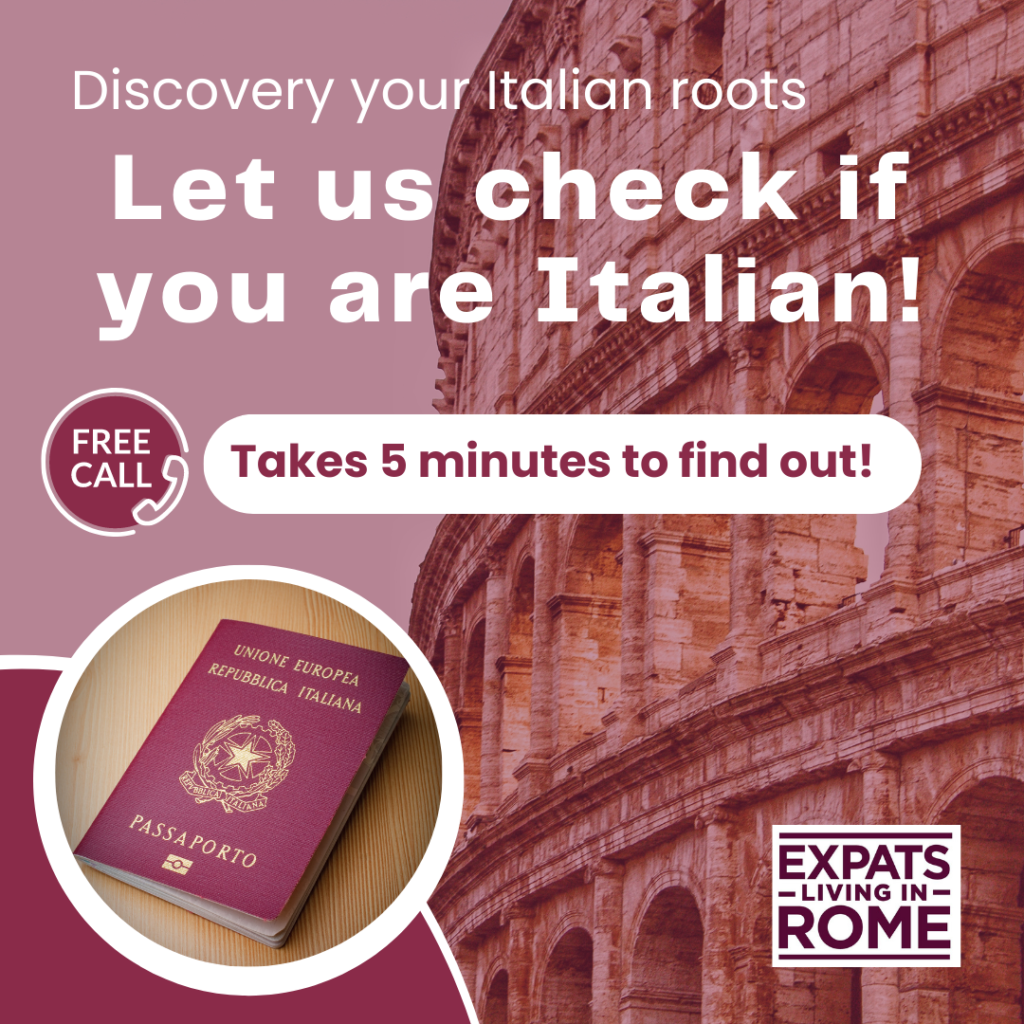New rules for self-employed visa in Italy as a digital nomad
Citizens of Non-European countries smart working in Italy are considered to be digital nomads, carrying out a highly qualified work activity, through the use of technological tools that allow them to work remotely:
• autonomously (as a freelance professional, for example);
• as an employee also based outside Italy
RESIDENCE PERMIT FOR DIGITAL NOMADS: THE NEW RULES
THE NEW Law inserts digital nomads and remote workers from non-European countries among the
categories of foreign workers to whom the residence permit can be issued in a simplified way, outside the
quotas provided each year by the decreto flussi.
In fact, some types of highly skilled or specialized workers for their type of activity benefit from it.
Their entry is, however, conditional on the release of a nulla osta that must be requested by the employer
pursuant to the regulation implementing the Single Immigration Text, Legislative Decree No. 286 of 1998.
The new law within this category – and this is the novelty – also the workers of non-European citizens
who carry out their activity in smart working in Ital. Digital nomads or remote workers, precisely. For them, however, the rules are even less stringent:
• No nulla osta is required;
The residence permit, after obtaining the entry visa, shall be issued for a period of one year, provided that
the holder has the availability of health insurance. Such insurance shall cover all risks in the national
territory. However, the worker must comply with the tax and contribution provisions in force in national
law.
RESIDENCE PERMIT FOR DIGITAL NOMADS: HOW TO GET IT
The new Law demands a special Decree of the Minister of the Interior, to be adopted in concert with the
Minister of Foreign Affairs, with that of Tourism and with that of Labour the definition of the modalities and
the requirements for the issuance of the residence permit to the digital nomads.
The text will define the categories of highly skilled workers who qualify for the smart work permit, the
minimum income limits of the applicant, as well as the working arrangements to be carried out.
The residence permit for digital nomads or remote workers may be extended for a maximum of 2 years. Permission will be extended to the whole family.
Kick start your digital nomad life in Italy!
If you need more details on how to apply for this visa you can schedule a FREE call with us!
Contact: [email protected]
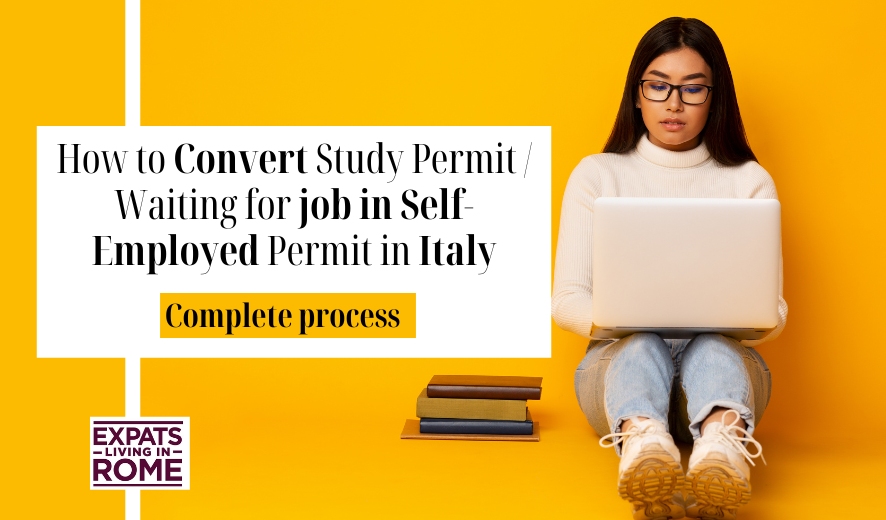
How to Convert a Study Permit / Waiting for job into a Self-Employed Permit | Italy
The residence permit issued for study, internship, training, or waiting for job can now be converted into a permit for self-employed work at any time of the year, thanks to the legislative decree known as “Legge Cutro”. (DL 20 march n. 23, converted in Legge 5 may 2023 n. 50) The conversion of the residence […]

Italy’s Investor Visa: A Visa to Attract Strategic Investments from Abroad
Renowned for its cultural heritage and economic potential, Italy is opening its doors to worldwide investors via the Investor Visa for Italy. This article delves into the intricacies of the Investor Visa, outlining the opportunities it presents and the procedures that accompany it. Since December 2017, non-EU citizens who intend to invest in strategic assets […]

Taxes for US expats in Italy: How to avoid double taxation?
With its rich culture, welcoming people, breathtaking sceneries, and fantastic cuisine, Italy is truly a dream destination, isn’t it? Whether you are considering moving to Italy for work or retirement, it is crucial to think about practical matters beforehand to enjoy the dolce vita later on. Understanding taxes is one of the first and most […]

